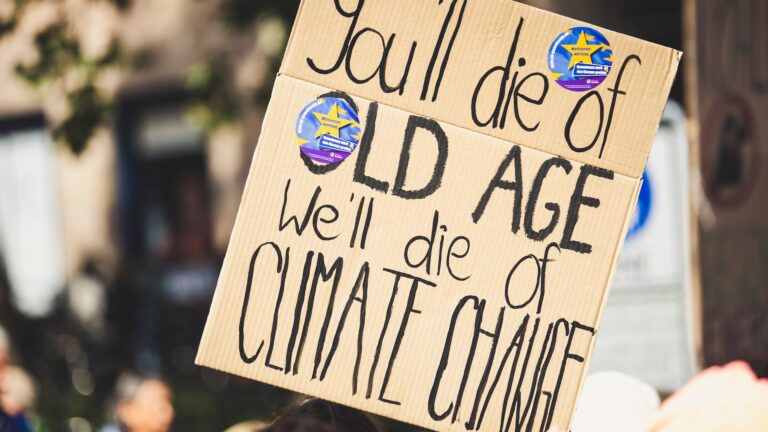How does communication play a role in political journalism?
I. Introduction
A. Definition of Political Journalism
B. Role of Communication in Political Journalism
II. The Role of the Political Journalist
A. Investigative Journalism
B. Purpose of Informing and Persuading Public
III. Types of Political Communication
A. Media Interviews
B. Published Documents
C. Websites
D. Op-eds in Newspapers
E. Political Campaigns
IV. Challenges to Political Journalism
A. Limited Resources
B. Time Constraints
V. The Importance of Accuracy and Objectivity in Political Journalism
VI. The Impact of Social Media on Political Journalism
VII. Conclusion
What is the Role of Communication in Political Journalism?
Political journalism is a form of journalism that focuses on reporting on political topics and events. It can consist of interviews, news stories, opinion pieces, investigative reports, and more. It is a key part of democracy since it helps to inform people about current political issues and encourages them to participate in civil discourse. Communication plays a crucial role in political journalism by providing meaningful narratives to inform and persuade citizens to action. In this article, we will explore how communication is used in political journalism and its importance for democracy and society as a whole.
The Role of the Political Journalist: Investigative Journalism at Its Best
Political journalists are responsible for conducting investigations into social and political issues that are important to people. Their goal is to inform people on these topics while also using their findings to persuade them to take action. They are often faced with limited resources, time constraints, as well as pressure from media outlets or politicians when reporting their stories. It’s critical that they remain objective throughout their investigations so they can deliver accurate information to the public.
Types of Communications Used in Political Journalism
In order to be successful in delivering accurate information, political journalists rely heavily on different forms communication such as media interviews, published documents, websites, op-eds in newspapers, political campaigns and more. Each form has its own purpose for informing or persuading the public about issues at hand For example: media interviews provide an opportunity for politicians or experts to explain their thoughts or position on a topic; published documents offer evidence-based information; websites are used for disseminating information quickly; op-eds allow authors to express their opinions; and political campaigns provide an avenue for engaging citizens directly with the issues being discussed .
Challenges Faced by Political Journalists
Even though there are many forms communication available for political journalists, they still face challenges when reporting stories due to limited resources or time constraints . This makes it difficult for them to report accurate information in a timely manner . Additionally, they often face pressure from media outlets or politicians when reporting their stories , which can lead them astray from providing unbiased reports . They must remain vigilant in order not be swayed by external pressures while conducting their investigations .
The Importance of Accuracy and Objectivity in Political Journalism
It is essential that political journalists remain objective throughout their investigations so they can deliver accurate information . This means that they must avoid bias towards certain topics or individuals while reporting . Additionally, they should strive to present both sides of any issue being discussed so people can make informed decisions based on all available evidence . Furthermore, it’s important that any sources used are reliable so that the public can trust what is being reported .
The Impact of Social Media on Political Journalism
With the rise of social media platforms like Twitter and Facebook, there has been an increase in citizen journalism where regular people post news stories or updates about current events . This has allowed for faster dissemination of information but also presents challenges due to lack of oversight over accuracy or objectivity . Therefore it’s important for traditional media outlets such as newspapers or television stations to continue providing reliable sources so citizens can make informed decisions based on facts rather than speculation .
Conclusion
In conclusion, communication plays a vital role in political journalism by helping journalists create meaningful narratives that inform and persuade citizens into taking action . While there are many challenges faced by journalists during their investigations due to limited resources or time constraints , it is essential that accuracy remains paramount when presenting facts about current issues so that people can make informed decisions based on all available evidence . Finally , with the rise of citizen journalism , traditional media outlets must continue providing reliable sources so people can trust what they read online .




![How is Spanish language used in political journalism?[Need Editing]](https://cpijournalism.org/wp-content/uploads/2023/02/spanish-language-political-journalism-media-news-reporting-culture-influence-latinamerica-768x432.jpg)
